HIDE CAPTION
- City cruiser
- The Hiriko Fold has been designed to take commuters to and from public transport, meaning they can leave their polluting cars at home. (Courtesy of Hiriko)
Space-saving electric vehicles could begin to zip around European roads as early as this summer. But will they convince commuters to leave their cars at home?
Motorists must be a determined bunch. Crowded roads, jam-packed parking lots, and rising fuel prices – not to mention greenhouse gas emissions – don’t seem to be enough to persuade the average car commuter to hop on public transport. But a folding electric vehicle (EV) hopes to change all that and convince commuters to leave their car keys – and the gas guzzler – at home.
Micro-EVs, as these vehicles are known, could enable cities to solve a long-standing mass-transit problem: How do you get commuters who don’t live or work within walking distance of a transit station to take public transport? Urban planners call this the “first and last mile” conundrum.
By deploying fleets of lightweight, folding electric cars at strategically distributed electrical charging/renting stations throughout a city and its suburbs, these vehicles could help ease traffic congestion, parking problems, and might even keep the urban air cleaner as well.
“The first-/last-mile problem has been growing steadily during the last 50 years or so as cities expanded,” says Elizabeth Deakin, a city and transportation planning expert at the University of California in Berkeley. “It’s often just too far to walk to a mass-transit station.”
Space-saving idea
In some crowded cities, bike-sharing programmes or hefty levies on city-centre driving have yielded some success. But a little more than a decade ago, members of the MIT Media Lab in Cambridge, Massachusetts, began to think about another option – an elegant, compact electric micro-car designed purely for city car-share use.
The late Professor William J Mitchell and the members of his Smart Cities Research Group saw this as a way to help solve problems with housing and transportation planners.
“Our ultimate goal was to change the relationship of cities to automobiles. How can we make our vehicles adapt to our cities, as opposed to making our cities adapt to our cars?” says Ryan Chin, an architectural doctoral candidate at the Media Lab, and one of the principal designers of the prototype vehicle that they called the CityCar.
“The global car fleet has ballooned to the point that there’s not enough land to accommodate them all, which makes it hard to find a parking space in the city. Add in the pollution that they produce and it’s clear that cars constitute a collective drag on urban areas.”
The idea of the CityCar came out of a 2003 design workshop hosted by the Media Lab, sponsored by General Motors, and led by Mitchell and the renowned architect Frank Gehry. Together they established a studio to bring together students from across disciplines such as architecture, urban planning, computer science and mechanical engineering. The discussion led to the concept of a small EV that could be folded and stacked in line, and shared by multiple users in urban environments in Asia, North America and Europe.
State of the art
Then in late 2009 a budding consortium of small Basque businesses came calling. The group, made up primarily of automotive component suppliers, had grown interested in developing a domestic electric vehicle industry. “Having surveyed the market opportunities, they focused on our CityCar concept and contacted us,” says Kent Larson, director of the Media Lab’s Changing Places Group, who succeeded Mitchell as the project’s lead researcher.
Within a year or so, the consortium – the Hiriko Driving Mobility Group – launched an effort to develop a prototype of the Hiriko Fold. It partnered with the MIT Media Lab and the Spanish government, which has provided some $18.5m (14m euros) of the total estimated $87m (70m euros) budget.
bbc.co.uk



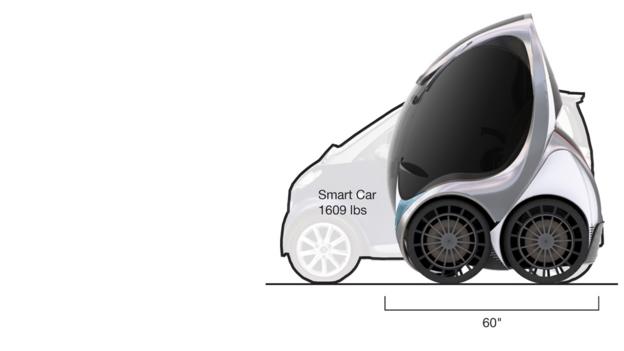
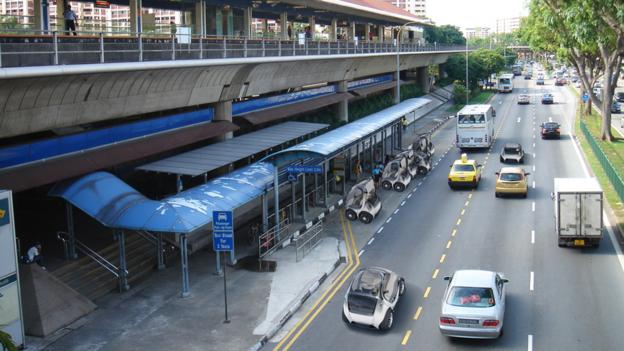
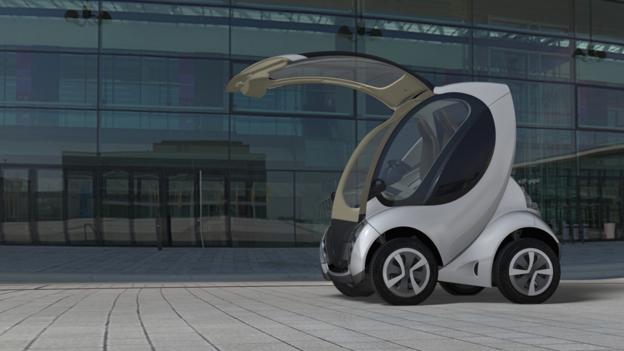
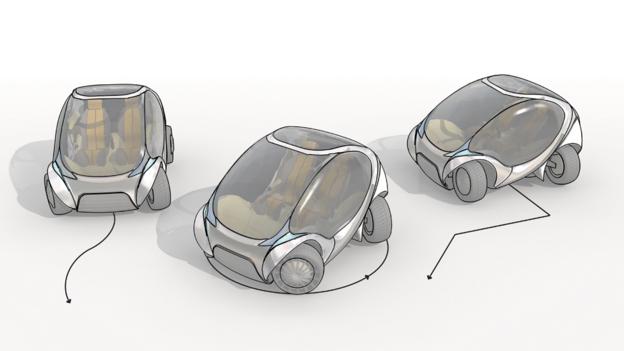
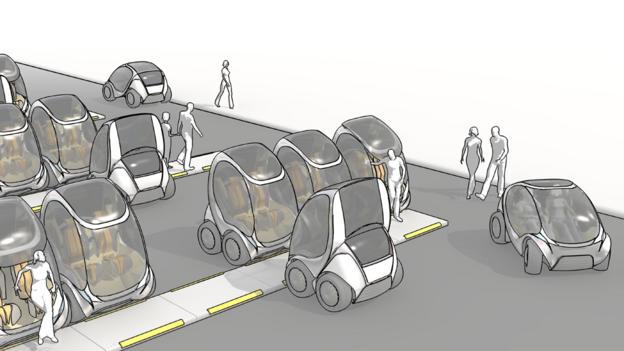







No comments:
Post a Comment